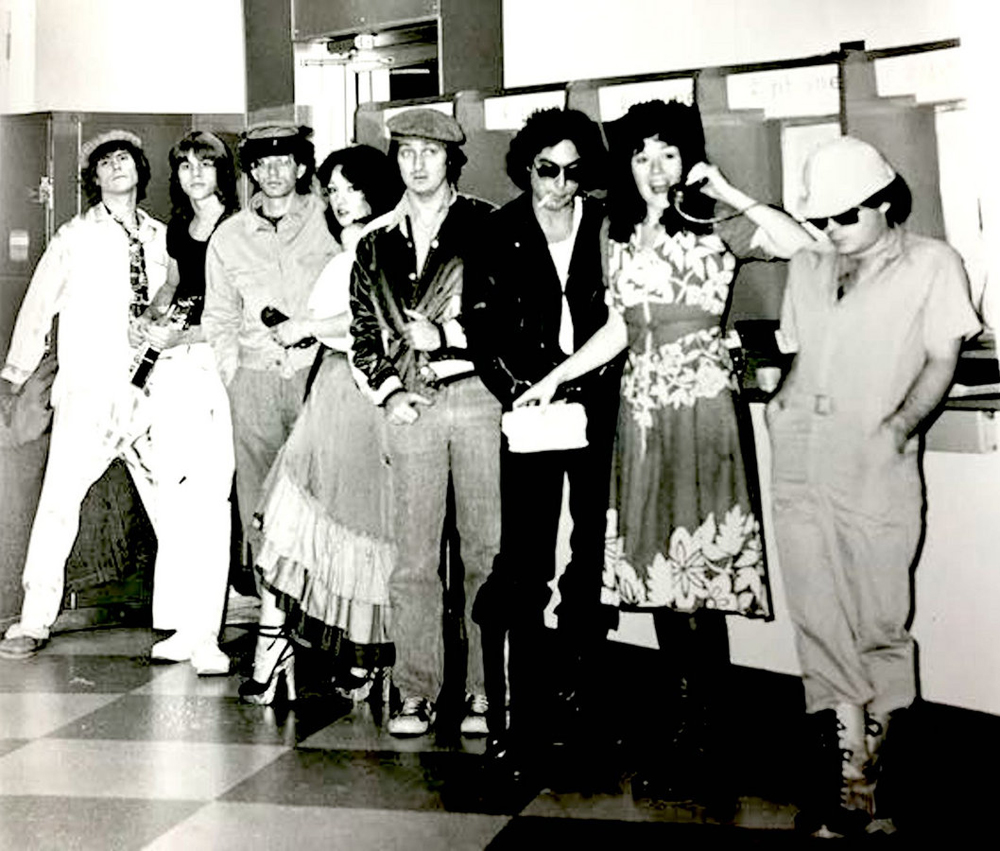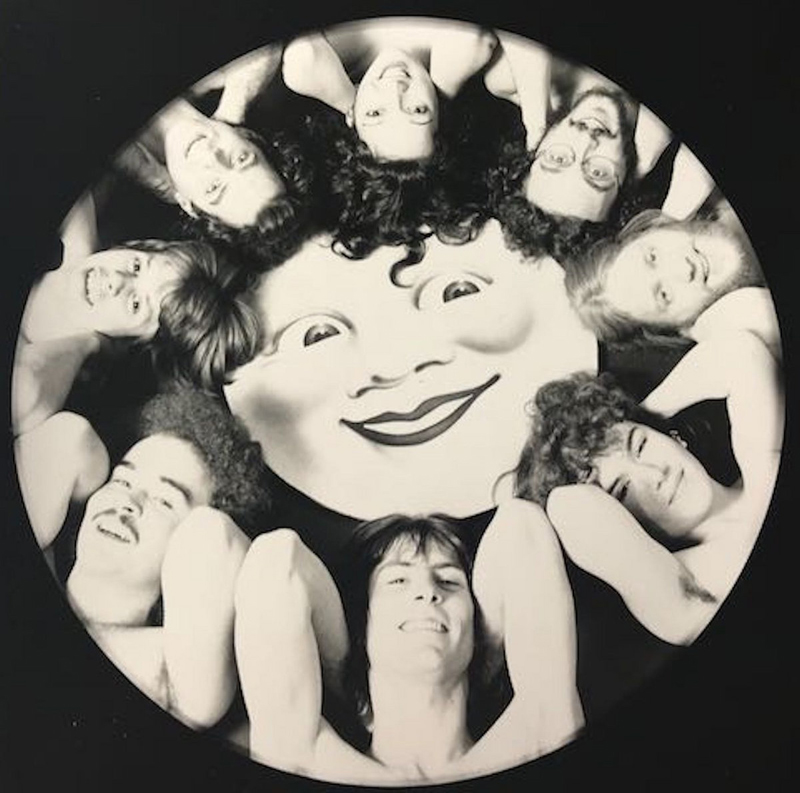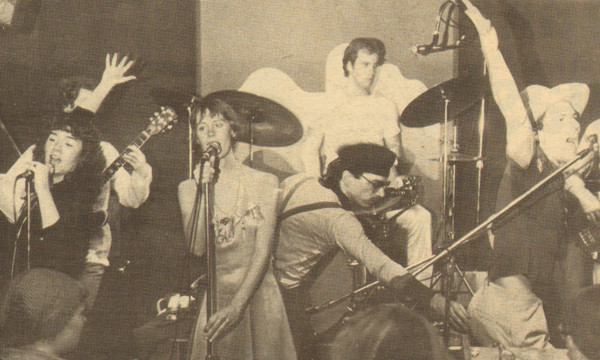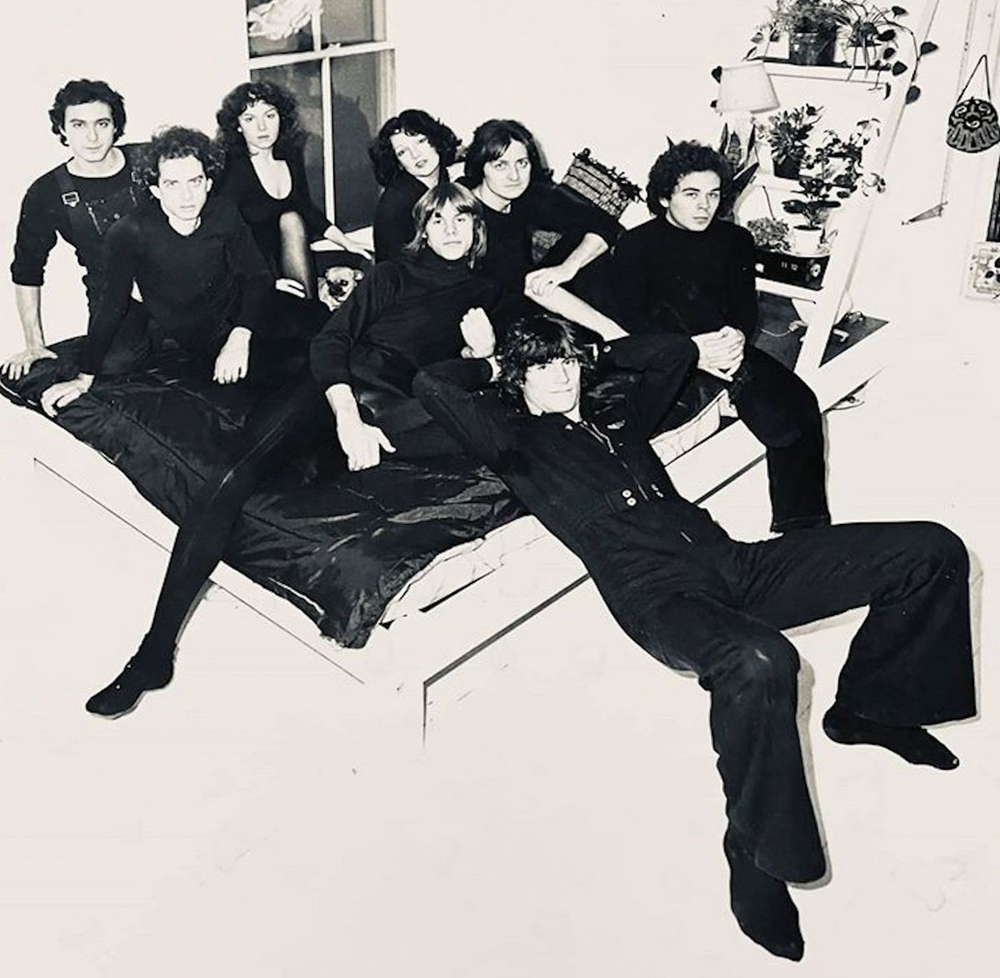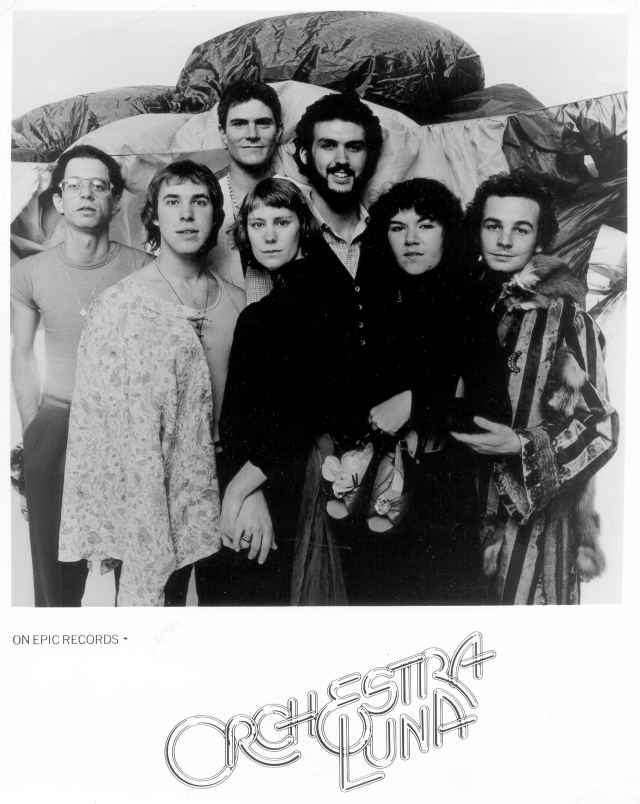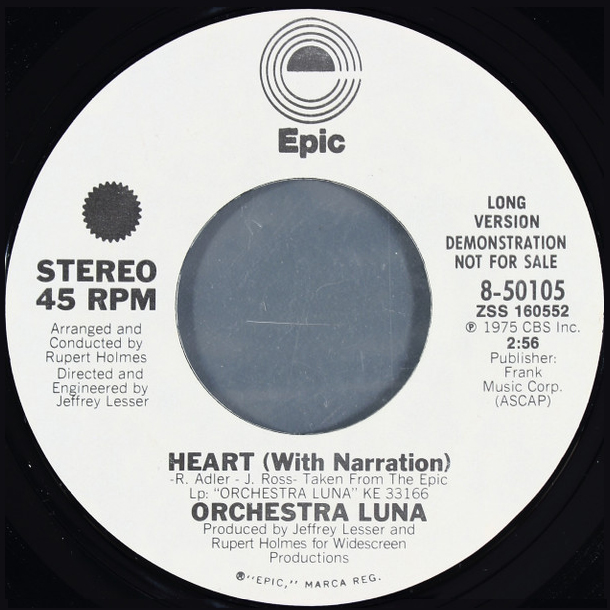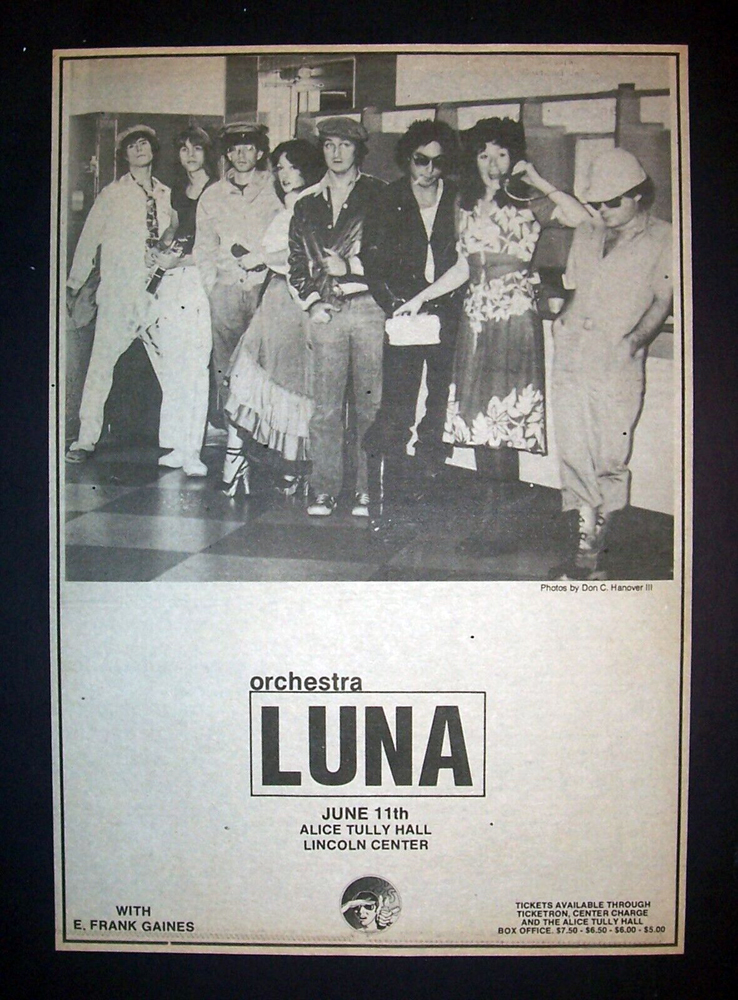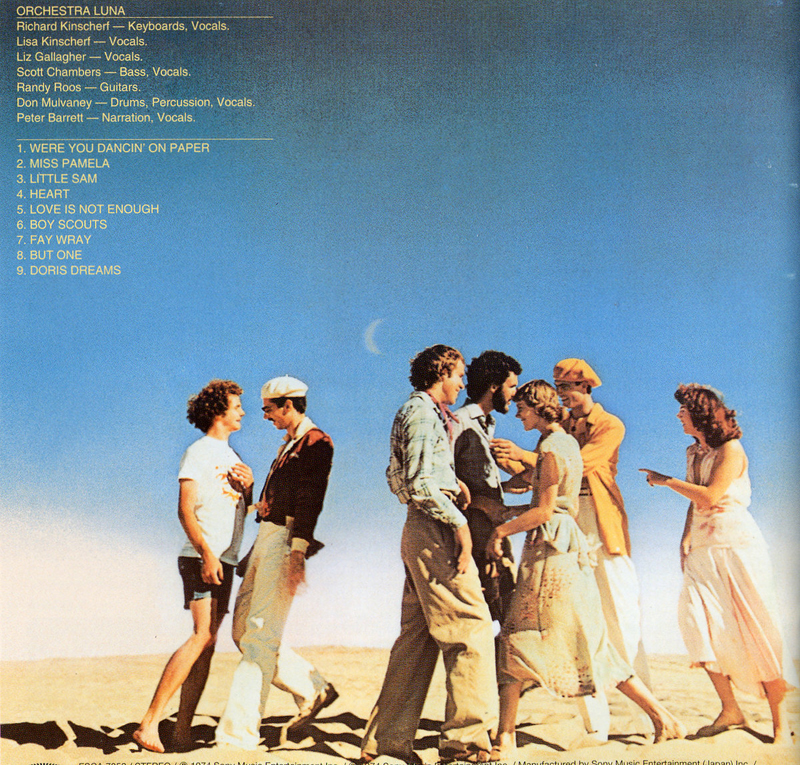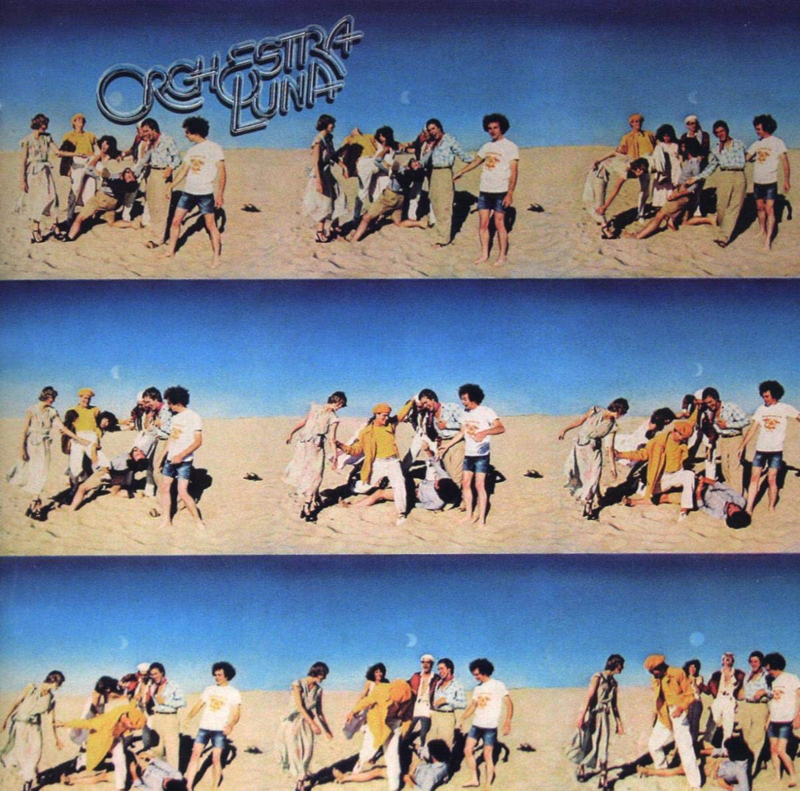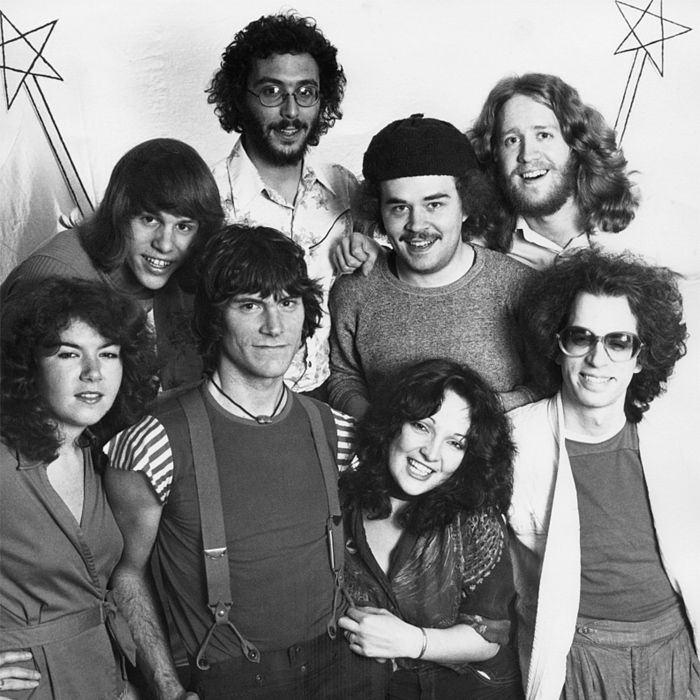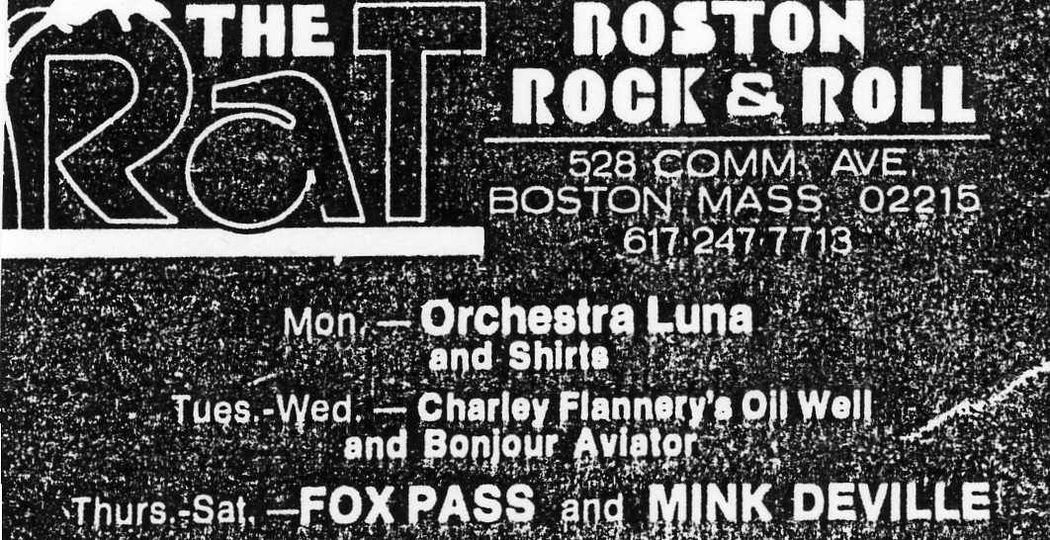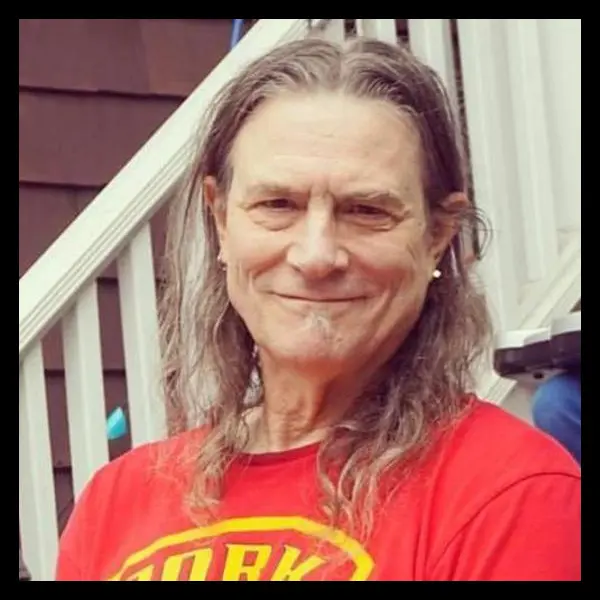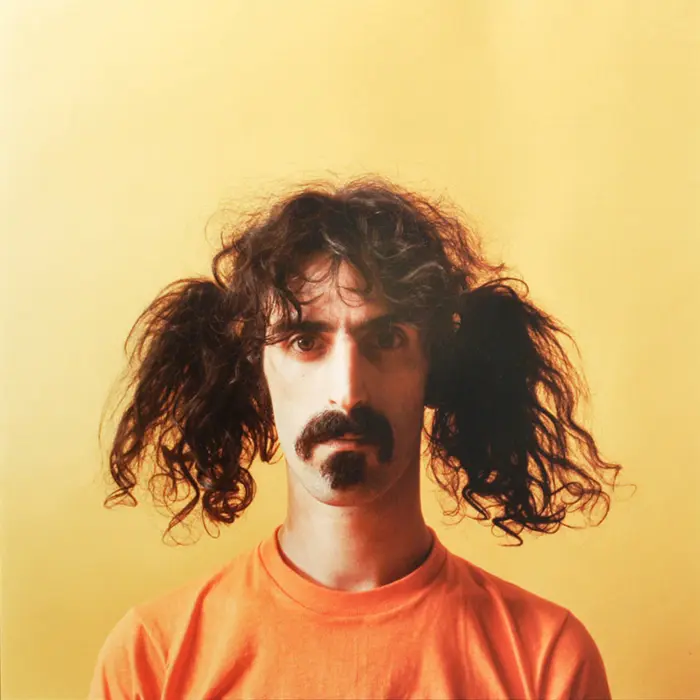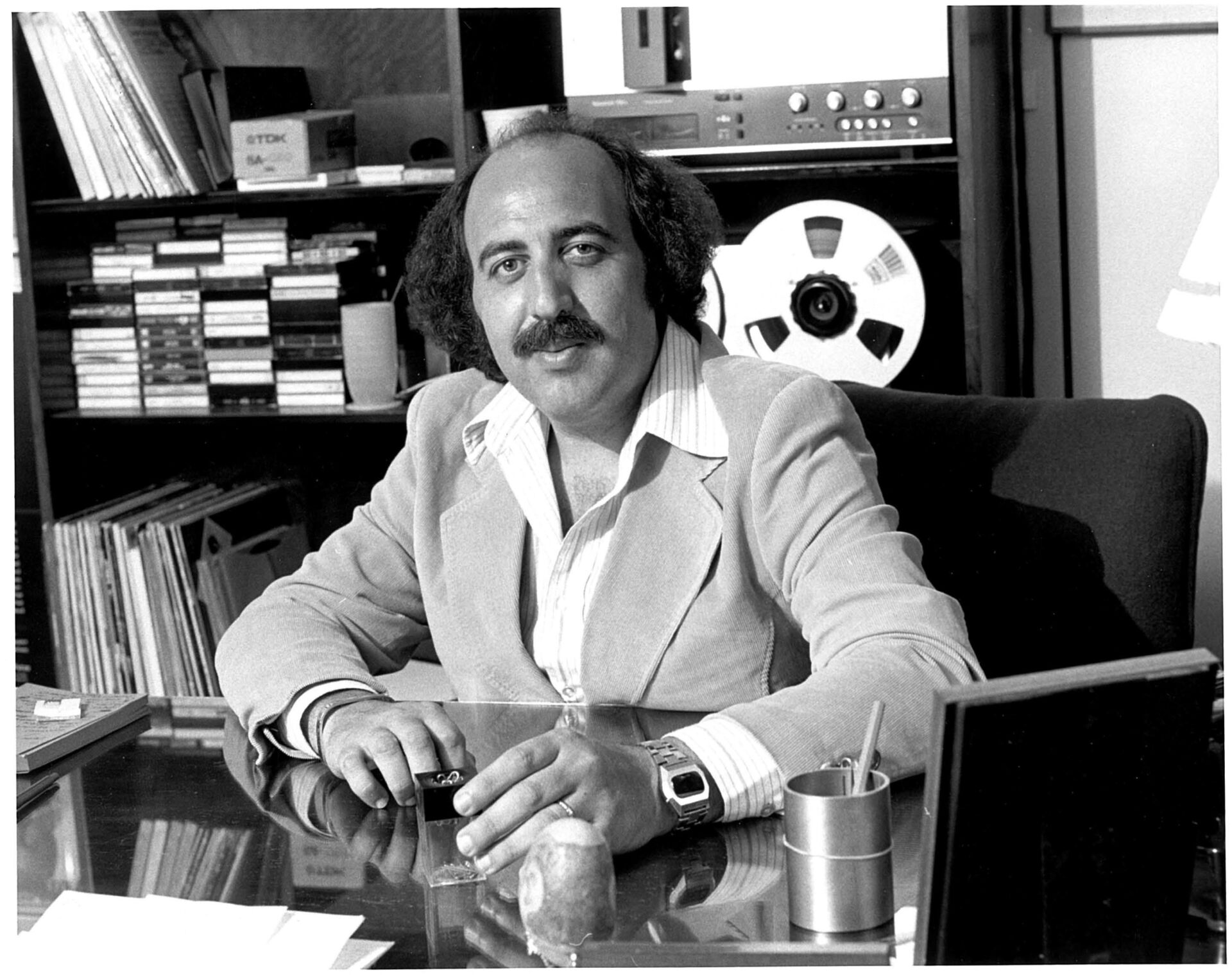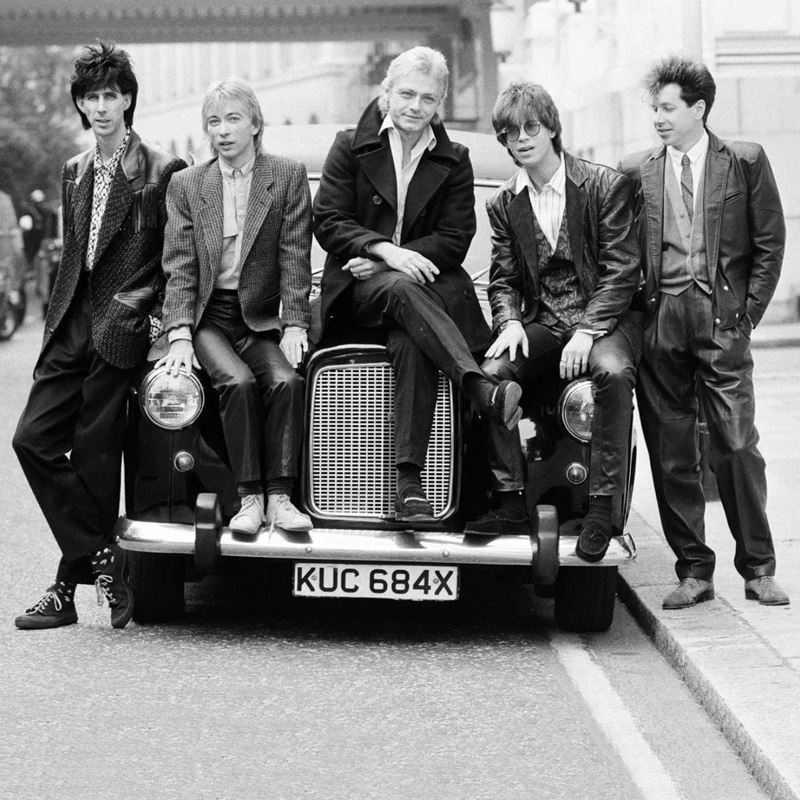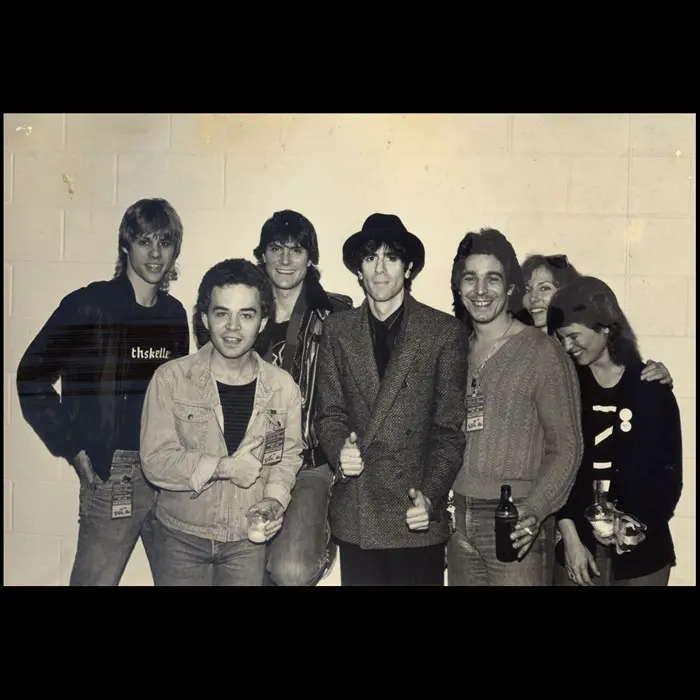Orchestra Luna
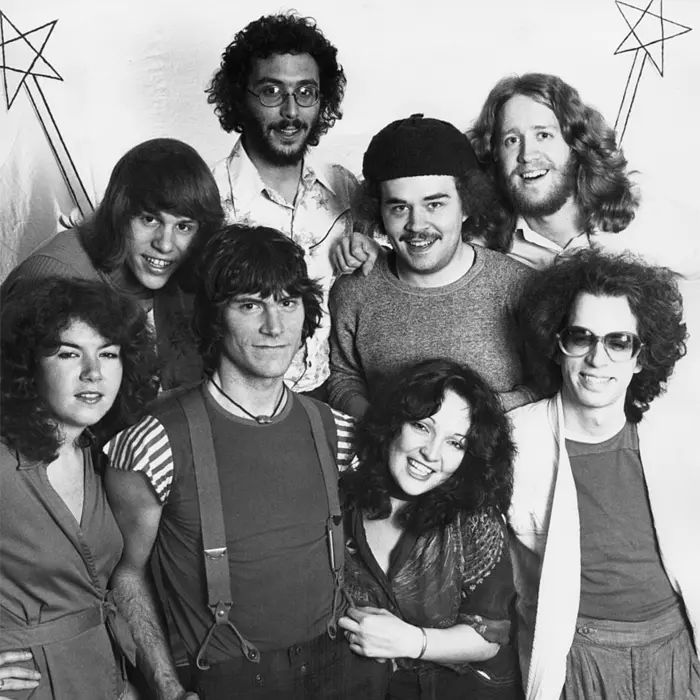
Orchestra Luna
I started writing songs in New Haven, Connecticut on a discarded church piano in a house jammed with artists, musicians and poets. Meanwhile, my sister had moved to Cambridge and thought I might like it up there. hitchhiked north and wound up in Somerville, working in Quincy at a home for delinquents. I saved up and bought an upright, hoisted it into my third floor apartment, put tacks in the hammers to brighten the sound and continued writing my weird songs. I had no ambition for any of this. I just liked doing it. Sublimating experiences, observations, romances and friendships into a safe-house collection. I had to play ‘em every day or they’d be lost, since there were no recording devices in the house.
One summer afternoon, I heard a shout outside my window. Harry Bee (who was in a management partnership with Bruce Patch) asked if I’d ever thought about starting a band. Why not give it a try? We began with my sister Lisa and a friend I’d met at an actor’s workshop in New Haven, Liz Gallagher. We learned 20 songs, adding backup vocals and a couple of solos for the girls. Once we had ‘em locked down, I posted a notice at Berklee for a bassist and Scott Chambers joined up. We added his bass and voice to the 20. Lisa waitressed at a jazz bar two doors down, Club Zircon, where guitarist Randy Roos was a regular. She asked him to hear what we were working on. He was down.
Randy was a phenomenon. Small, a cloud of curly hair and a composed persona. His fingers flew over the fret board and his jazz sensibility moved our repertoire into a new realm. We moved to a big, mustard yellow house in Allston, auditioned drummers and chose Don Mulvaney (who played piano and sang like Stevie Wonder). The material expanded. Arrangements became more intricate. I wanted to expand the band even further and asked my poet friend from New Haven, Peter Barrett, if he’d join as singer/performer/spoken word artist. He did.
Peter brought an entirely new vibe and presence. He named us Orchestra Luna and the girls The Lunettes. My sister, unsure of herself on stage, wanted guidance, so I asked Barry Keating (whom I’d met in Grenada, West Indies on a wild ride, failed movie) to choreograph. His friend from New York City, Basha Johnson, would design and sew clothes for Lisa and Liz. The whole picture was becoming more coordinated and ornate with props, spoken word and clear structure. We rehearsed at least twice a week for hours.
Harry and Bruce booked us a residency at Jeremiah’s on Harvard Avenue, a short walk from where we lived. The place was jammed almost from the start. Our oddball band found a following. We wound up on the cover of The Boston Phoenix. We opened for The Cars at Boston University. Epic Records A&R Vice President Lennie Petze came to Jeremiah’s and signed us to the label. From learning the songs and developing the “act” to signing the deal – a six-month whirlwind – made “winning” in the music industry seem stupidly easy. We were so naïve.
Epic hired producer/composer Rupert Holmes and we began to record our first (and only) album. After it was completed, Ron Alexenberg (who’d take over at Epic) came to see us, heard our cover of “You Gotta Have Heart” – played on WBCN on opening day at Fenway for years – plus our signature song “Doris Dreams”. We went back into the studio to record both. Jane Friedman hired us to play at Frank Zappa’s 10th anniversary party. She was Zappa’s publicist and worked with LaBelle and Patti Smith, both of whom played at the anniversary (Labelle doing an a capella version of “Don’t Eat the Yellow Snow” and Patti performing as a duo with Lenny Kaye). I told Patti to get off the stage because we needed to sound check, having no clue about what an inspiration she’d be down the road.
We did one song: “Doris Dreams.” When we finished, Zappa rushed the stage, picked Randy up off the ground and hugged him. Susan Blond (Epic’s publicist) booked us a residency at The Little Hippodrome. We met a lot of famous folk, too many to recount, and it was a crazy time. Meanwhile, Petze signed Boston to Epic and Columbia released Springsteen’s breakthrough album Born To Run. Who were these weirdo Orchestra Luna-tics? How did they fit into the CBS roster? Not well. Steve Popovich took over at Epic, saw Orchestra Luna, didn’t care for us and we got dumped. Years later, he tried to sign my band Berlin Airlift to Cleveland International.
(by Rick Berlin)

